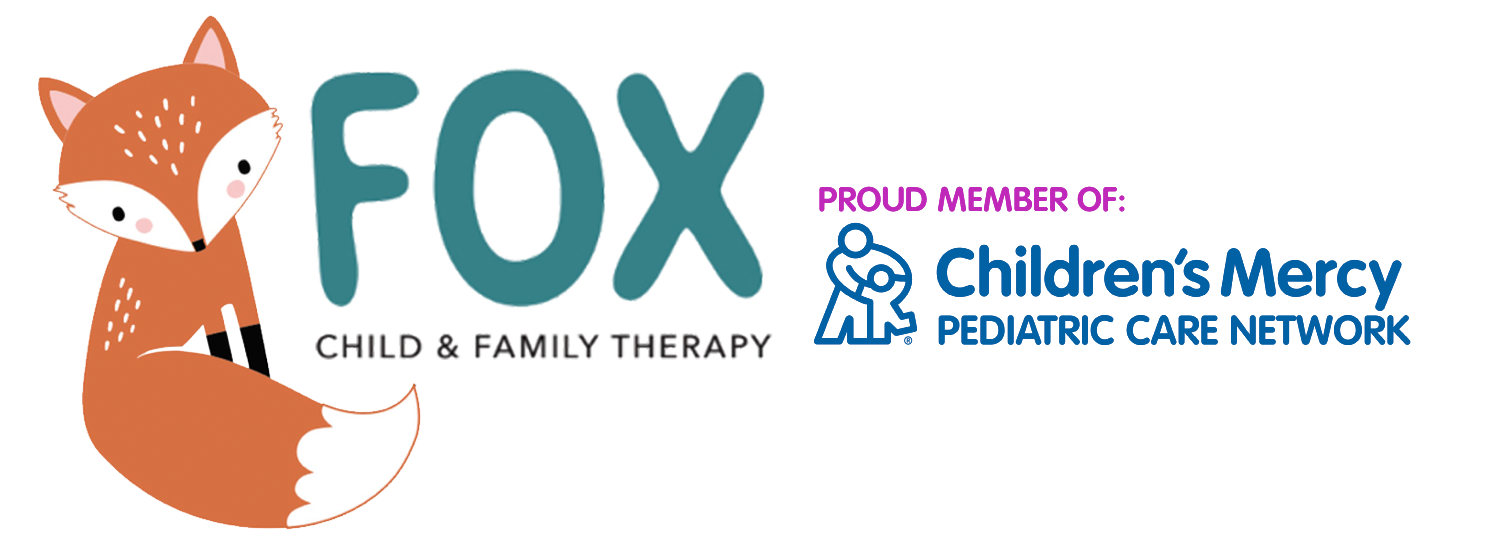How ADHD & Anxiety Overlap in Children

Anxiety and ADHD have a lot of overlap in adults, and that’s often the case for children too. But while the symptoms are incredibly similar, the reason behind them changes greatly depending on whether they’re brought on by anxiety or ADHD. It can make it difficult to know if you’re struggling with anxiety, ADHD, or maybe even both.
If your child struggles with something, it’s normal to want to help. It’s also normal to be a little out of your depth. In order to figure out whether your child has anxiety or ADHD, we should start by reviewing how these two disorders overlap.
Disruption
Children with ADHD or anxiety can be considered disruptive by those around them, as they may get distracted or annoyed by their restlessness. It’s one of the easiest symptoms to notice as an outsider and one of the first things that bring attention to the fact that a child might be struggling.
Children with anxiety are usually restless and try to burn off that energy in any way they can. As for children with ADHD, fidgeting and disruption aren’t uncommon, though for a different reason. Hyperactivity is a core symptom of ADHD, and low impulse control means they’re more likely to give in to their restlessness in ways that may disrupt those around them.
Inattention
Inattention is another core symptom of ADHD that can overlap with anxiety. With ADHD, children lose focus quickly or might focus for a long time on the wrong thing, such as reading a book instead of doing their homework.
As for anxiety, inattention is different. It’s not born from a lack of focus. Instead, their inattention stems from their worries. They might lose focus on what they’re doing and lose themselves in their worried thoughts, unable to pull themselves back to the present. This might look like regular inattention to a third party, just like children with ADHD experience, but the causes are very different.
Lack of Friendships
A lot of children with ADHD struggle to make friendships with their peers. They might have poor social skills or be a little too overwhelming to their peers because of their ADHD. That makes forming friendships difficult. Children with anxiety tend to withdraw from their peers when they feel anxious, which can affect friendships, too, especially if they withdraw for a long time. Children with social anxiety, in particular, might find it difficult to make friends.
The overlap here is more obvious in its difference, but both involve difficulty relating to their peers. Sometimes, it’s because the disorder itself makes it difficult to communicate despite repeated attempts. Other times, the withdrawal is voluntary. Either way, making and maintaining friendships becomes difficult.
Difficulty Working
Children can have a difficult time completing schoolwork as a result of both ADHD and anxiety. Those with ADHD struggle to organize themselves to complete their work on time, and the way they lose focus quickly only makes that harder.
As for children with anxiety, they may be frozen in fear. Maybe they think they’ll fail or that their work won’t be good enough to meet expectations. Either way, perfectionism can lead them to freeze, to postpone working on assignments until the last possible moment.
From the outside, this looks like laziness and lack of responsibility, but it speaks of a child that needs a little additional help. And why shouldn’t they get it?
Telling the Difference
Anxiety and ADHD overlap a lot, and it can be hard to differentiate between them. The best way to know whether your child has ADHD, anxiety, both, or neither is to take them to see a professional. A counselor can help identify what your child is struggling with and can help them figure out ways to cope with all these difficulties. Fox Child and Family Therapy can also help you figure out how to support your child better. Don’t hesitate to make an appointment by calling 913-229-5691.

